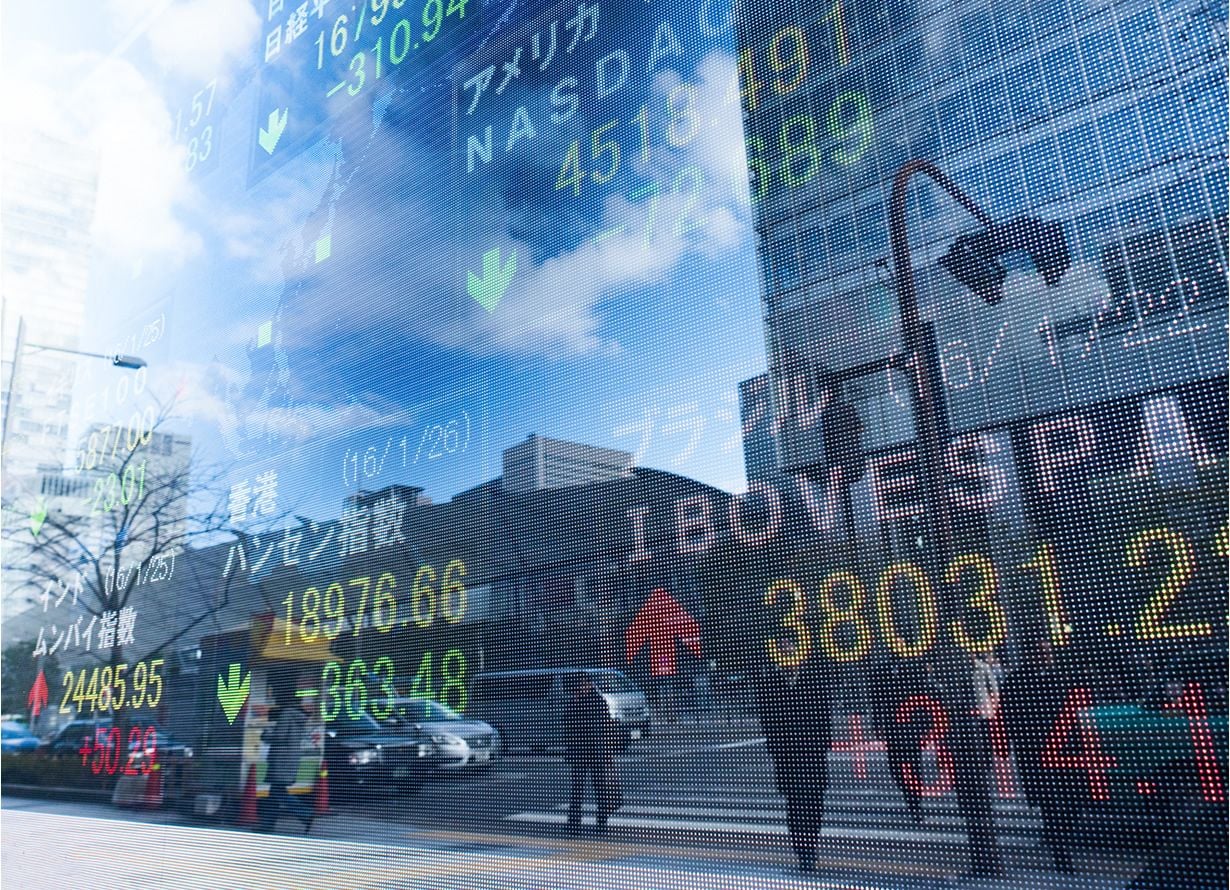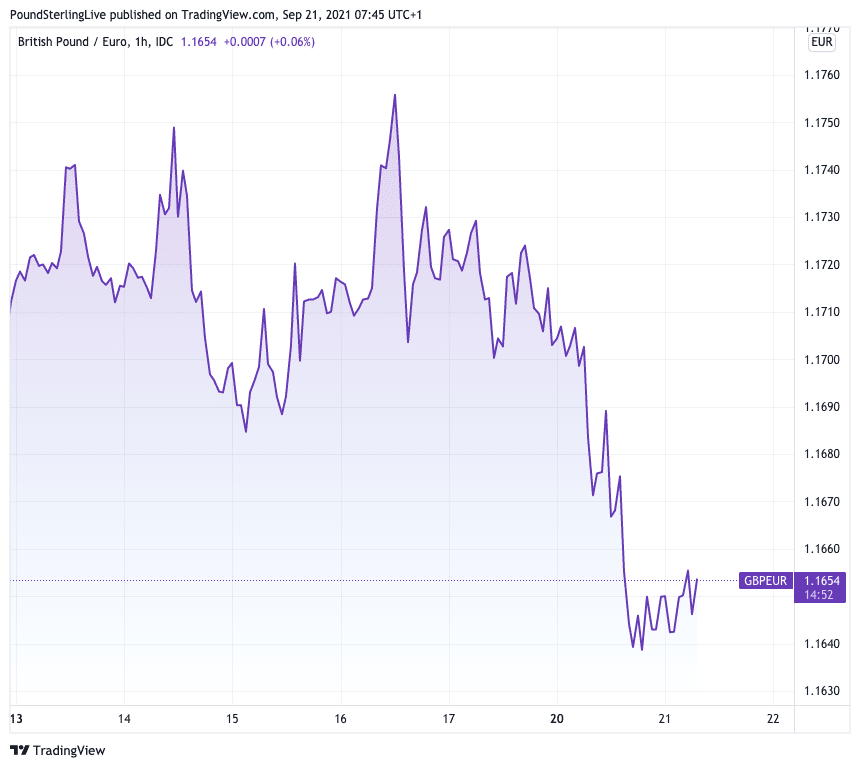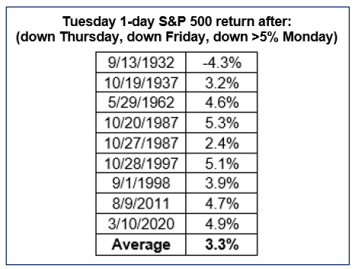Pound-Euro Steadies as Markets Recover on 'Turnaround Tuesday'
- Written by: Gary Howes

Image © Adobe Images
- GBP/EUR reference rates at publication:
- Spot: 1.1654
- Bank transfers (indicative guide): 1.1346-1.1428
- Money transfer specialist rates (indicative): 1.1550-1.1590
- More information on securing specialist rates, here
- Set up an exchange rate alert, here
The British Pound is stabilising alongside global stock markets, although it is still too early to sound the all-clear.
The Pound-to-Euro exchange rate hit a low of 1.1630 on Monday before rising back to 1.1673 on Tuesday as stock markets looked to recover the worst of the losses racked up during days of selling.
The Pound proved to be particularly prone to a deep drop in markets witnessed on September 20 that was said to largely the result of fears a major Chinese property developer was about to collapse.
But for the Pound a looming collapse of Evergrande Group came alongside record-high gas prices in the UK, which looks set to dent the UK's economic recovery.
This double dose of risk left the UK currency floundering.
Secure a retail exchange rate that is between 3-5% stronger than offered by leading banks, learn more.
Global stock markets are rising on Tuesday as is the Pound, therefore the outlook for the UK currency in the near-term largely resides with how markets behave from here.
ING strategist Francesco Pesole says the Euro's "low-yielding status appeared to keep the common currency relatively protected from swings in sentiment, especially when compared to the higher-beta GBP."
Pesole adds GBP/EUR "is surely an interesting pair to keep an eye on, as more risk-off waves could prompt a break" below 1.1628 this week.
But Brent Donnelly, President of Spectra Markets, says the patterns being played out are typical and he expects a classic "Turnaround Tuesday".
Donnelly, author of Alpha Trader, says there is a "tendency for stocks to rip higher on Tuesday if they sold off the Thursday, Friday and Monday before."
"It is a simple human pattern that occurs because when the news appears bad, traders get nervous into the weekend and sell some of their holdings on Friday," he explains.
"Then, they read all kinds of negative media reports about the big scary thing and that scares them into selling more on Monday," he adds.
Image courtesy of Spectra Markets.
The Monday sell-off saw the S&P 500 fall to its lowest level since July 20 as did the FTSE 100 and other European markets.
The accelerating selloff pulled in further 'short' bets as investors looked to hedge further downside.
"Tuesday comes and there is nobody left to sell. The shorts get squeezed and that triggers Turnaround Tuesday," says Donnelly.
Therefore a degree of trader psychology appears to be at play in markets at present and whether the end of the current drawdown - which has been running since early September - is over remains to be seen.
For the Pound to recover against the Euro, Dollar, Franc and Yen a minimum condition would be for a more optimistic global market backdrop.
"The question now is whether this rally has enough puff or if there is a tendency – as I suggested last Wednesday – to sell into rallies rather than buy the dip," says Neil Wilson, Chief Market Analyst at Markets.com.
"Not a lot of data to get in the way and a two-day Fed meeting that starts today suggest risk appetite will be moderate for the time being," he says.
But for the Pound UK gas prices also matter.
A global energy shock has left the UK particularly exposed given the country is a net importer of gas.
The situation is exacerbated by the UK's particular reliance on gas in its electricity generation mix (France has nuclear, Germany coal...)
Demand for gas to generate electricity amidst a series of unfortunate events for UK power; notably a fire broke out last week at the main base station for electricity imports from the continent while the wind has apparently also stopped blowing.
{wbamp-hide start}
{wbamp-hide end}{wbamp-show start}{wbamp-show end}
With electricity imports down and the wind farms still, the UK has been ramping up demand for gas just as stores in Europe were running low and Russia opts to squeeze their exports to the continent.
Deutsche Bank argues that an energy crunch acts as a supply-side constraint to the economy which is effectively a negative input into Pound Sterling valuations.
"Like Brexit and Covid, the gas price surge represents another supply side shock that sterling is likely to attach a higher weight to than the rates market," says Shreyas Gopal, a strategist at Deutsche Bank.
Surging gas prices pose a significant headwind to consumer spending as well as industrial production, all of which argues for an interest rate rise at the Bank of England to be kicked into the distance.
Such a reappraisal by markets would weigh on the Pound.
The gas crisis comes just days before the Bank of England's September policy meeting scheduled for Thursday, where any warnings over the outlook for UK economic growth could be interpreted as a 'dovish' signal for Pound Sterling.
"The pound could be weighed down as we expect the BoE (Thursday) outcome to lean against market pricing," says Eimear Daly, an analyst at Barclays.
"BoE inaction and no fiscal tailwinds limit GBP upside, but we remain constructive medium term given GBP undervaluation," adds Daly.







